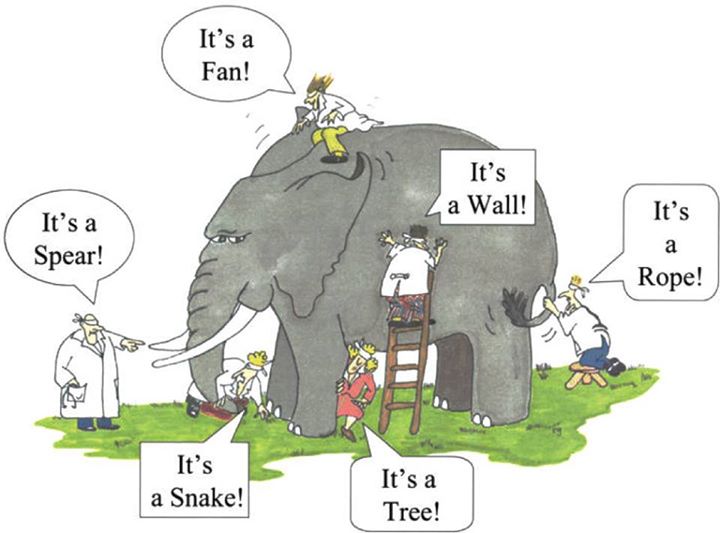What is sentation ?
The process by which our sense organs receive information from the environment.
Sensation is input about the physical world obtained by our sensory receptors. In other words, senses are the physiological basis of perception.
What is perception?
Perception is the process by which the brain selects, organizes, analysis and interprets these sensations.
Perception of the same senses may vary from one person to another because each person’s brain interprets stimuli differently based on that individual’s learning, memory, emotions, and expectations.
What is the difference between sensation and perception?
 How they process the information
How they process the information
They are two different processes where Sensation occurs when sensory receptors detect sensory stimuli. Perception involves the organization, interpretation, and conscious experience of those sensations.
What are the 5 senses?

Example for sensation and perception
Any correct answers are acceptable
Who coined the term "psychophysics"?
Gustav Theodor Fechner
What does the human auditory system do?
Lucky card!

What kind of information? A stimulus is a detectable input from the environment:
1. Light—vision
2. Sound—hearing
3. Chemicals—taste and smell
4. Pressure, temperature, pain—sense of touch
5. Orientation, balance—kinesthetic senses
What are senses needed for?
Perception and interpretation
In terms of perception, what does constancy refer to?
The capability to identify the same object among many sensory inputs
Why do people have different tastes in food, music, art, clothes, etc.?

Everyone is unique!
This is because perceptions vary differently for each person, as a result, the meanings people assigned to what they perceive are different as well.
Basically, perception is as distinctive as our individual personalities. Our interpretations often vary according to a number of factors. Thus, perception is seen to be very powerful and influential in directing our thoughts and actions so as to guide who we are.
Who classified the five traditional senses?
Aristotle, in De Anima, famously said that there are five and only five senses: sight, hearing, touch, taste, and smell
What is the absolute threshold?
The smallest magnitude at which a sensory stimulus can reliably evoke a sensation.
Minimum amount of energy an organism needs to detect 50% stimulus of the time
(ex; hearing a siren from km away, see the flame from a far, etc.)
What is the analysis of the relationship between stimulus and sensation?
psychophysics